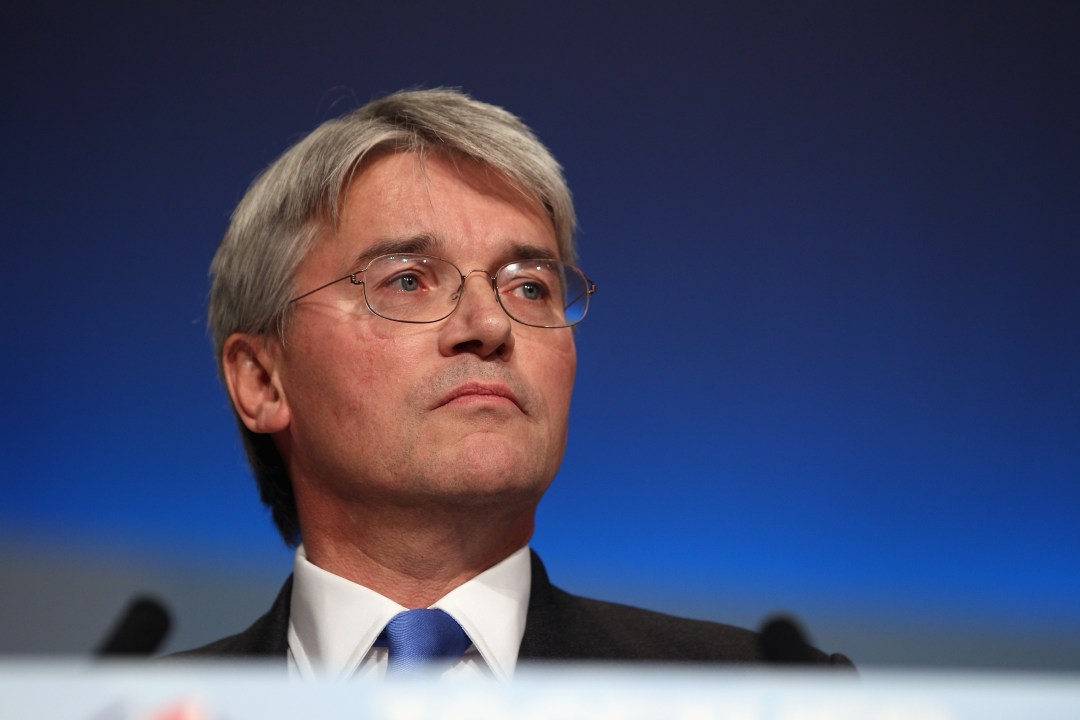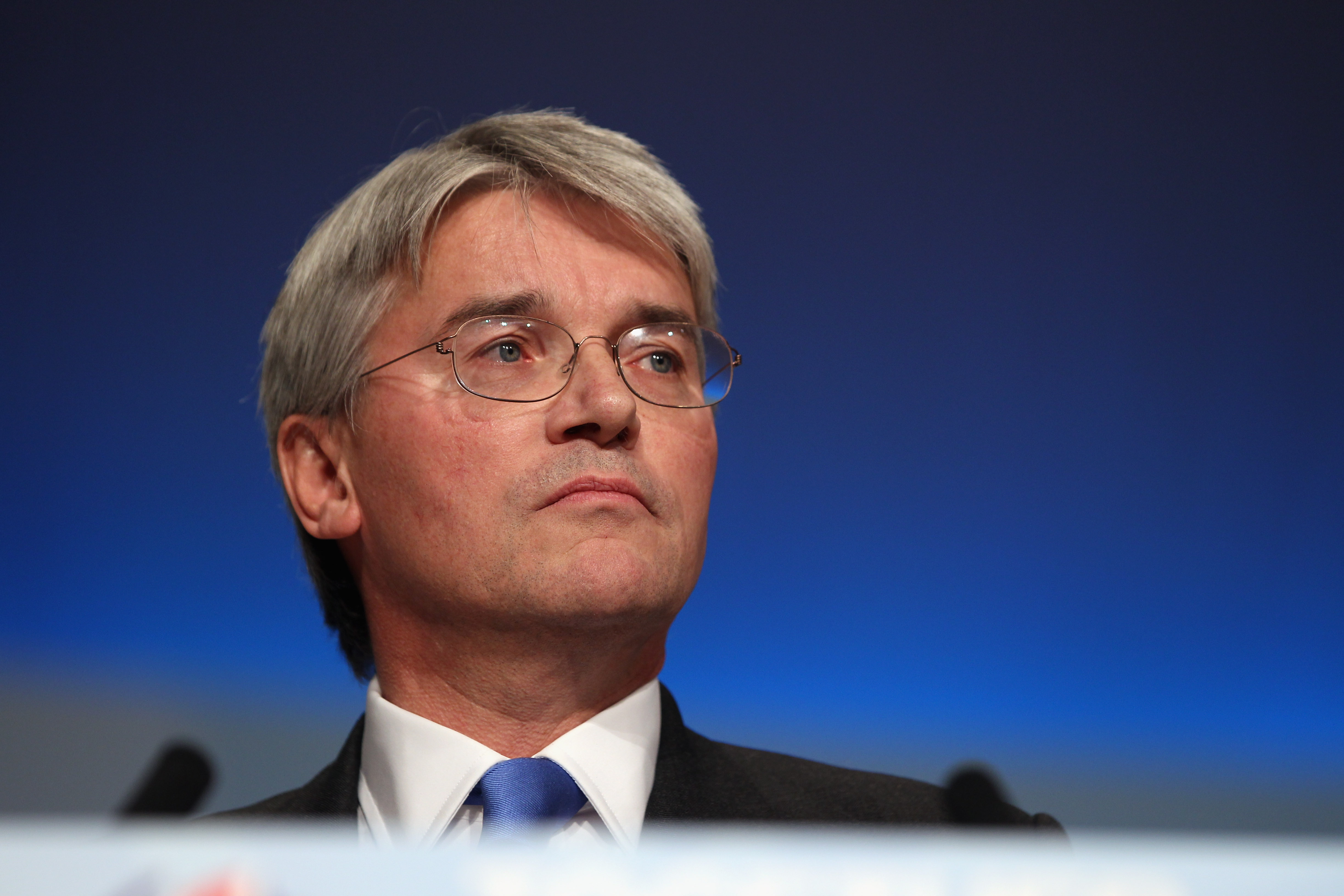 At a speech to the Royal Defence Academy earlier in the year, Andrew Mitchell outlined the costs of
overseas conflict to Britain and offered a number of lessons for the future. The most important, he argued, was the need to help prevent wars before they start, starting with being “better at
identifying the potential for conflict.” The Cabinet’s only ex-soldier, Mitchell has seen up close the cost of conflict, burns with anger about the Rwandan genocide and knows that
development funds will forever be wasted if people are mired in violent conflict.
At a speech to the Royal Defence Academy earlier in the year, Andrew Mitchell outlined the costs of
overseas conflict to Britain and offered a number of lessons for the future. The most important, he argued, was the need to help prevent wars before they start, starting with being “better at
identifying the potential for conflict.” The Cabinet’s only ex-soldier, Mitchell has seen up close the cost of conflict, burns with anger about the Rwandan genocide and knows that
development funds will forever be wasted if people are mired in violent conflict.
The thesis he has brought to DfID – that there can be no development in conditions of conflict – is about to be put to the test again in Cote d’Ivoire, where the president has laid siege to the man who defeated him in an election, cutting off food and medical help to his headquarters in a hotel guarded by United Nations peacekeepers. Laurent Gbagbo has also tried to get rid of the UN troops stationed in Cote d’Ivoire and seemingly instigated a reign of violence. The UN High Commissioner for human rights, Navi Pillay, has said that “massive violations” of human rights have taken place in the past four days, with more than 50 people killed and hundreds said to have been abducted from their homes by government-supporting soldiers.
In language reminiscent of the Radio Milles Collines broadcasts in Rwanda before the genocide, Charles Blé Goudé, a government minister and the leader of a militant youth group threatened to hunt down prime minister Guillaume Soro and kill him. At a demonstration, Goude shouted: “I’m going to go get him, where he’s hiding out,” while the crowd roared its approval. Journalists are being targeted too. A French TV crew were stopped at a checkpoint and had to endure a mock execution while others have been receiving threatening phone calls. As the author Chika Unigwe warns, “Divisions along ethnic and regional lines are being crystallised.”
Cote d’Ivoire has always been seen in Britain as primarily an African (read Nigerian) concern and secondly as a French priority. There will be plenty of officials cautioning the ministers not to get involved beyond backing action at the UN and with fellow European governments. That seems right. Britain cannot be everywhere, and the government needs to prioritise its resources. But there is more at stake here than simply the price of chocolate, which is likely to soar as supplies from Cote d’Ivoire are cut off. Britain and the United States have done much to stabilise West Africa, particularly in neighbouring Liberia and Sierra Leone. Chaos in Cote d’Ivoire could threaten what has been achieved – and lead to a lot worse.







Comments